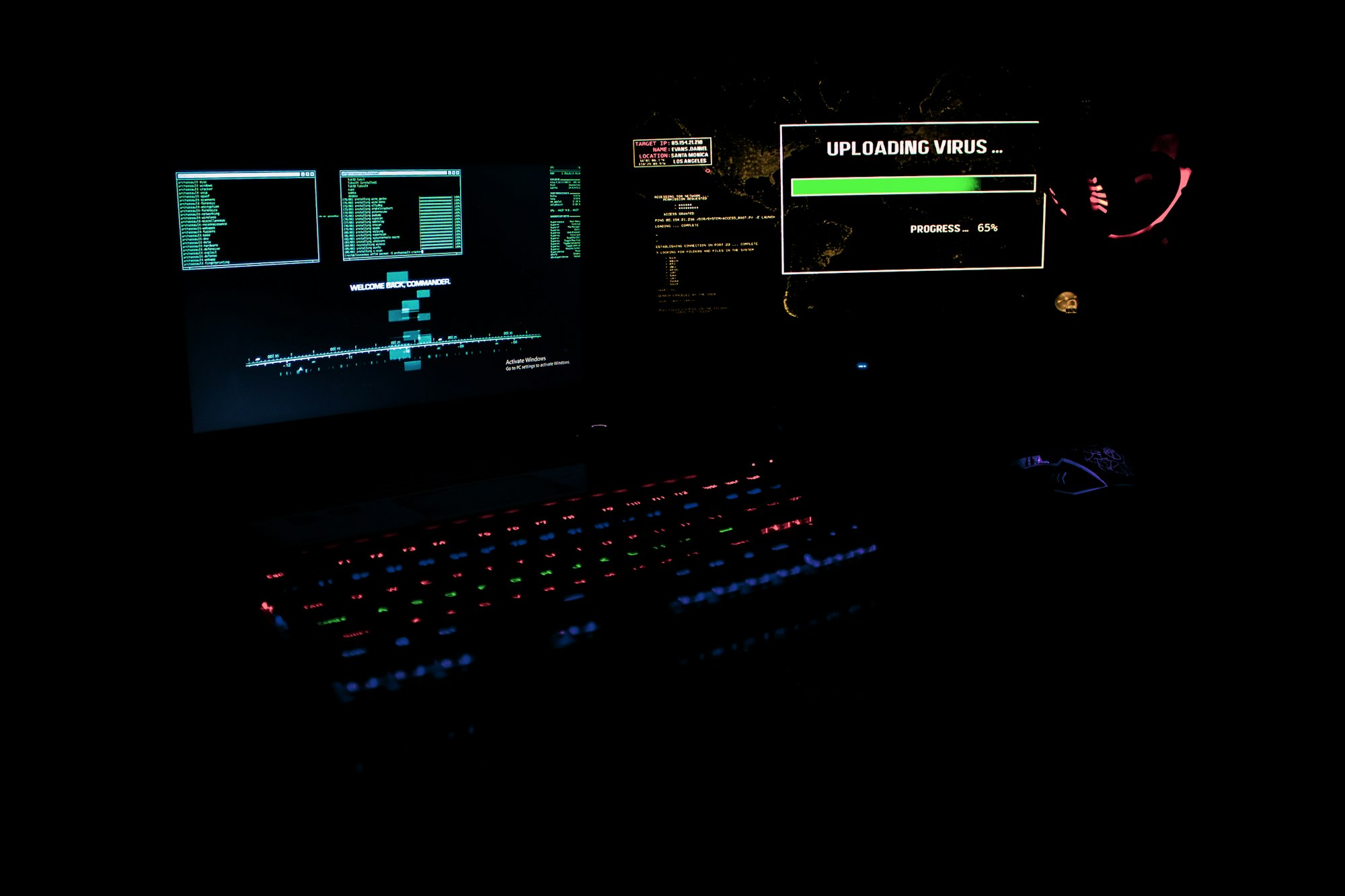⚖️Fortnite creator Epic Games to Pay $520 Million FTC settlement over privacy and unintended purchases.

Epic Games and the Federal Trade Commission reached a $520 million settlement over claims the Fortnite developer broke online privacy protection laws for kids and tricked players into buying in-game items.
The settlement includes a record $275 million penalty to settle alleged violations of the Children’s Online Privacy Protection Rule (COPPA) and $245 million over a purchasing setup that could trick players and allow them to buy things by accident.
1. @FTC has taken action against Epic Games, creator of Fortnite, for violating children’s privacy & tricking millions of players into making unwanted purchases. Epic will pay a record-breaking $520 million in relief. https://t.co/vQhstHvrTB
— Lina Khan (@linakhanFTC) December 19, 2022
Fortnite has generated over $9 billion in revenue during its first two years in existence.
Epic, the company behind the popular video game Fortnite, has been accused by the Federal Trade Commission (FTC) of collecting personal information from players under the age of 13 without their parent's permission.
The FTC also alleges that Epic enabled text and voice chat in the game by default, which has resulted in young players being subjected to bullying, harassment, and exposure to potentially harmful or traumatic content, such as discussions of suicide. This can be particularly concerning for parents of young children who may not be aware of the potential risks of their children playing Fortnite or other online games.

As part of the FTC’s proposed court order, Epic will need to obtain parents’ permission before enabling voice and text chat for underage players. Epic will also have to delete any personal information it previously collected from Fortnite players “unless the company obtains parental consent to retain such data or the user identifies as 13 or older through a neutral age gate.”
Epic is facing a $245 million penalty for allegedly using manipulative tactics, known as "dark patterns," to trick players into making unwanted purchases and allowing children to rack up unauthorized charges without their parent's knowledge.
Dark patterns are user interfaces that are designed to deceive users into making choices that are not in their best interest. This can be especially concerning for mothers who want to protect their children and their finances from these types of deceptive practices.
The FTC plans to make refunds available to:
Parents whose children made an unauthorized credit card purchase in the Epic Games Store between January 2017 and November 2018
Fortnite players who were charged in-game currency (V-Bucks) for unwanted in-game items (such as cosmetics, llamas, or battle passes) between January 2017 and September 2022
Fortnite players whose accounts were locked between January 2017 and September 2022 after disputing unauthorized charges with their credit card companies.

As our complaints note, Epic used privacy-invasive default settings and deceptive interfaces that tricked Fortnite users, including teenagers and children,” FTC Chair Lina Khan says in a statement. “Protecting the public, and especially children, from online privacy invasions and dark patterns is a top priority for the Commission, and these enforcement actions make clear to businesses that the FTC is cracking down on these unlawful practices.”


